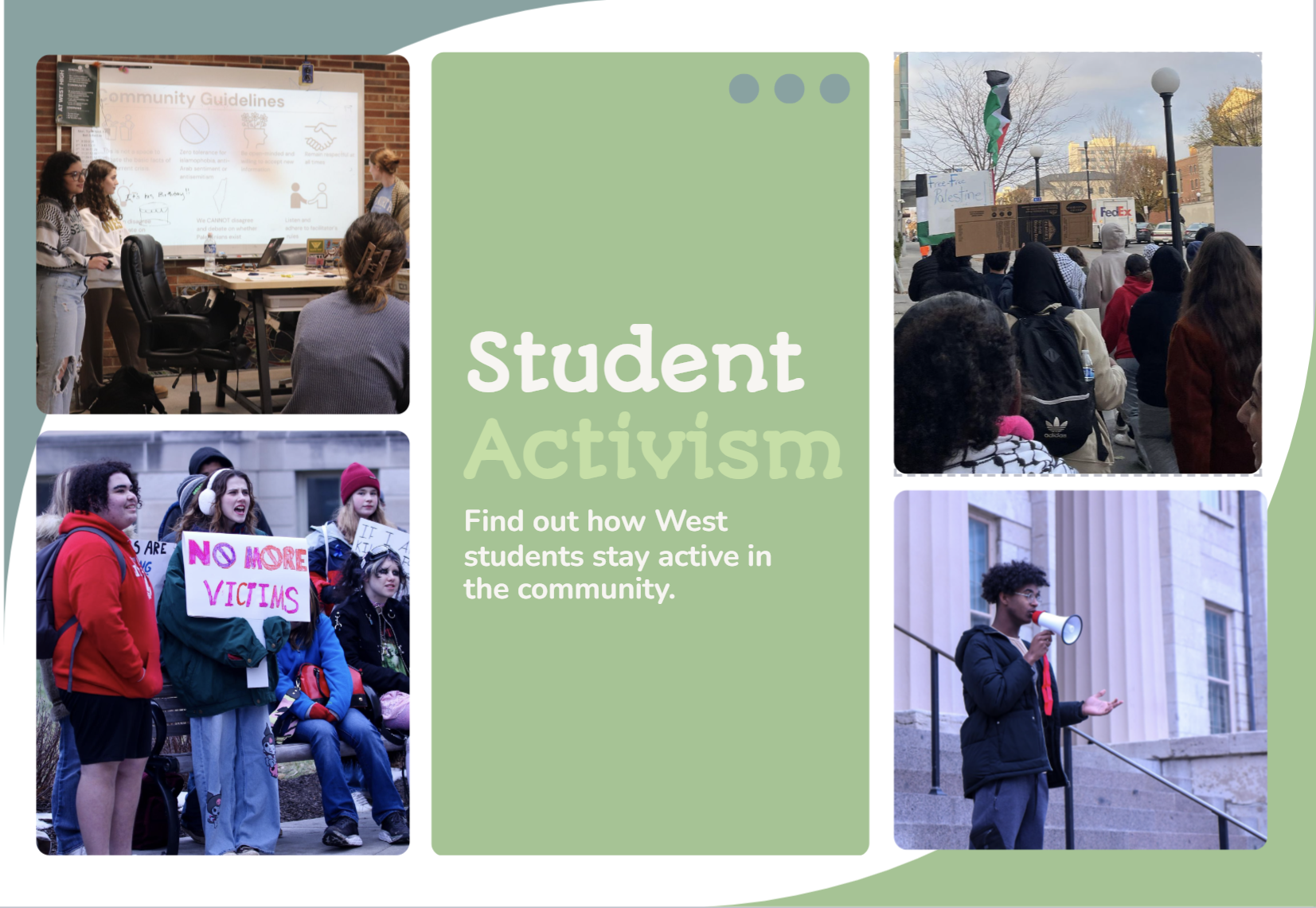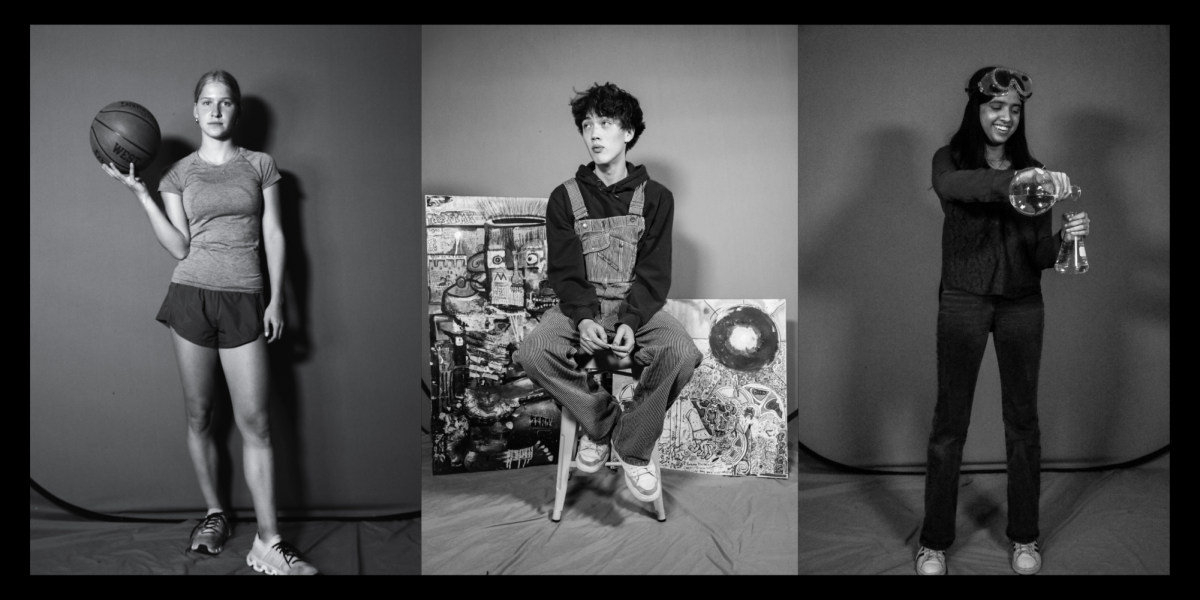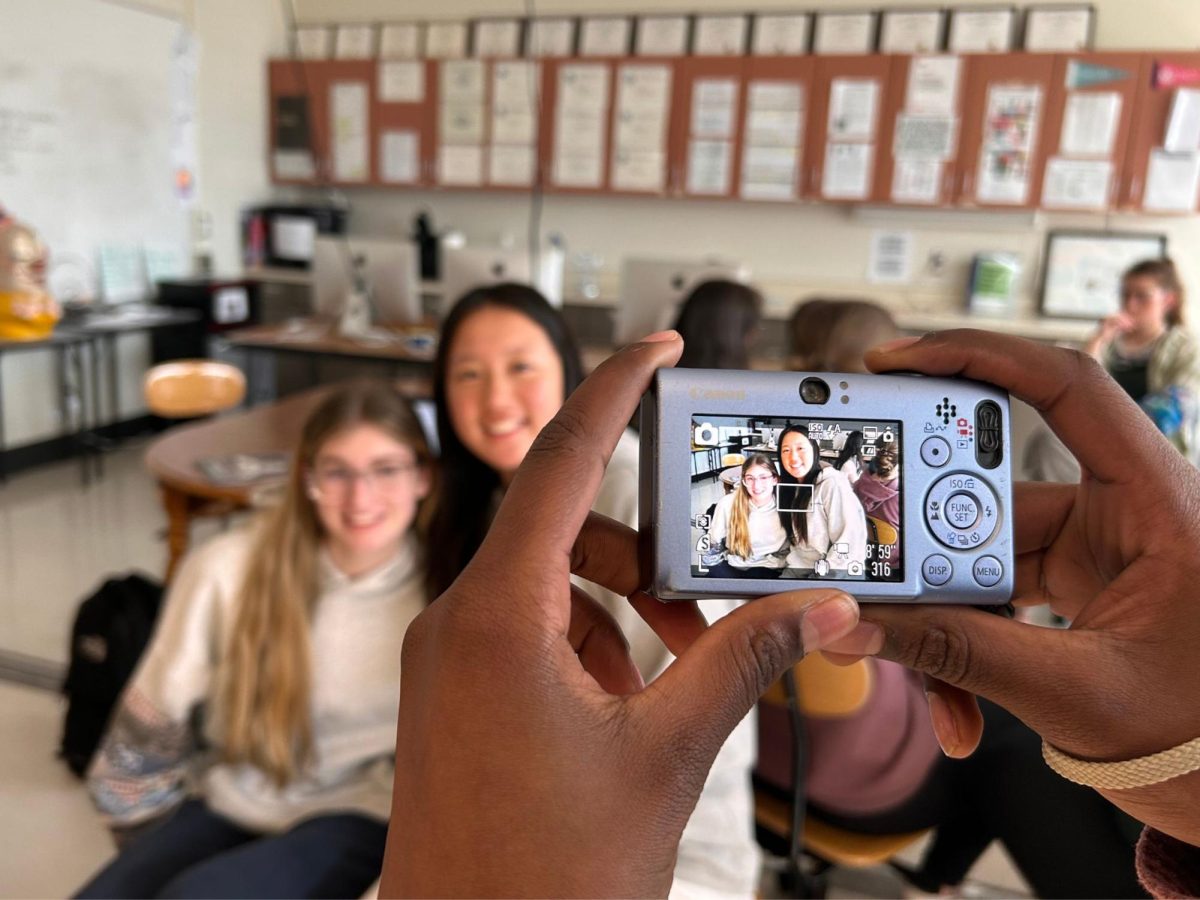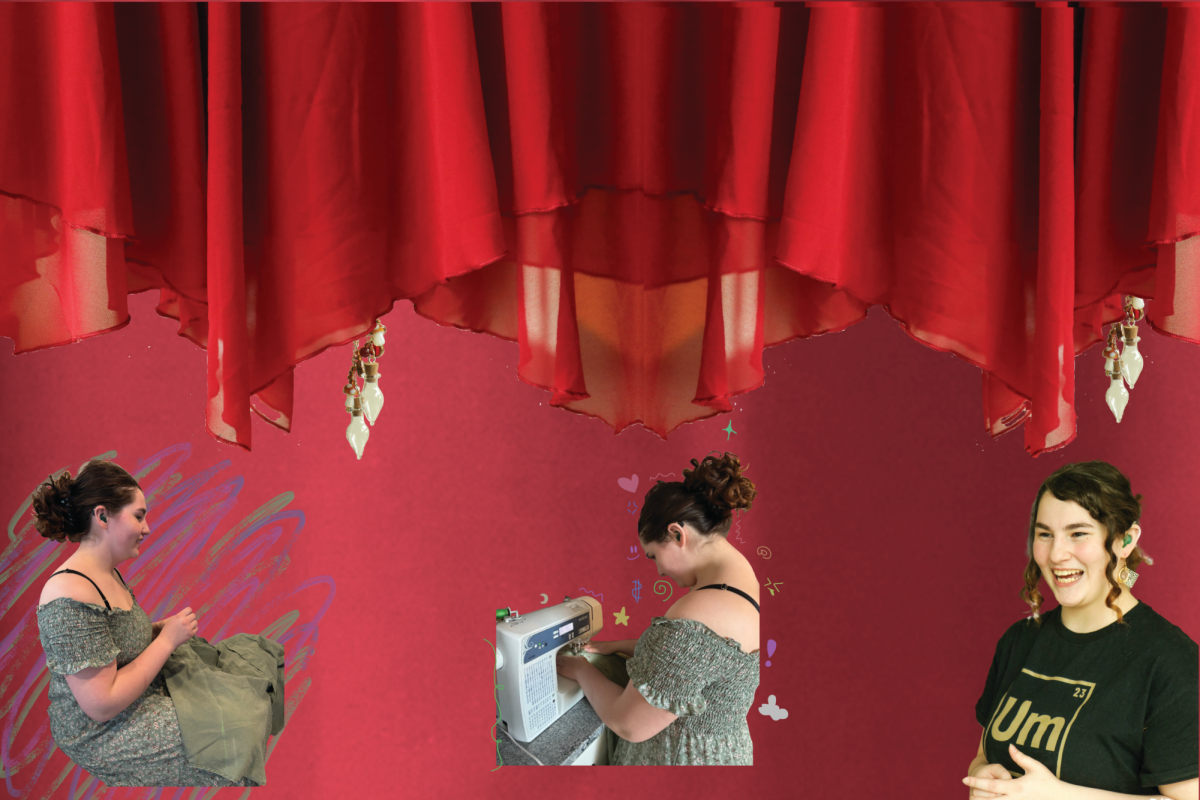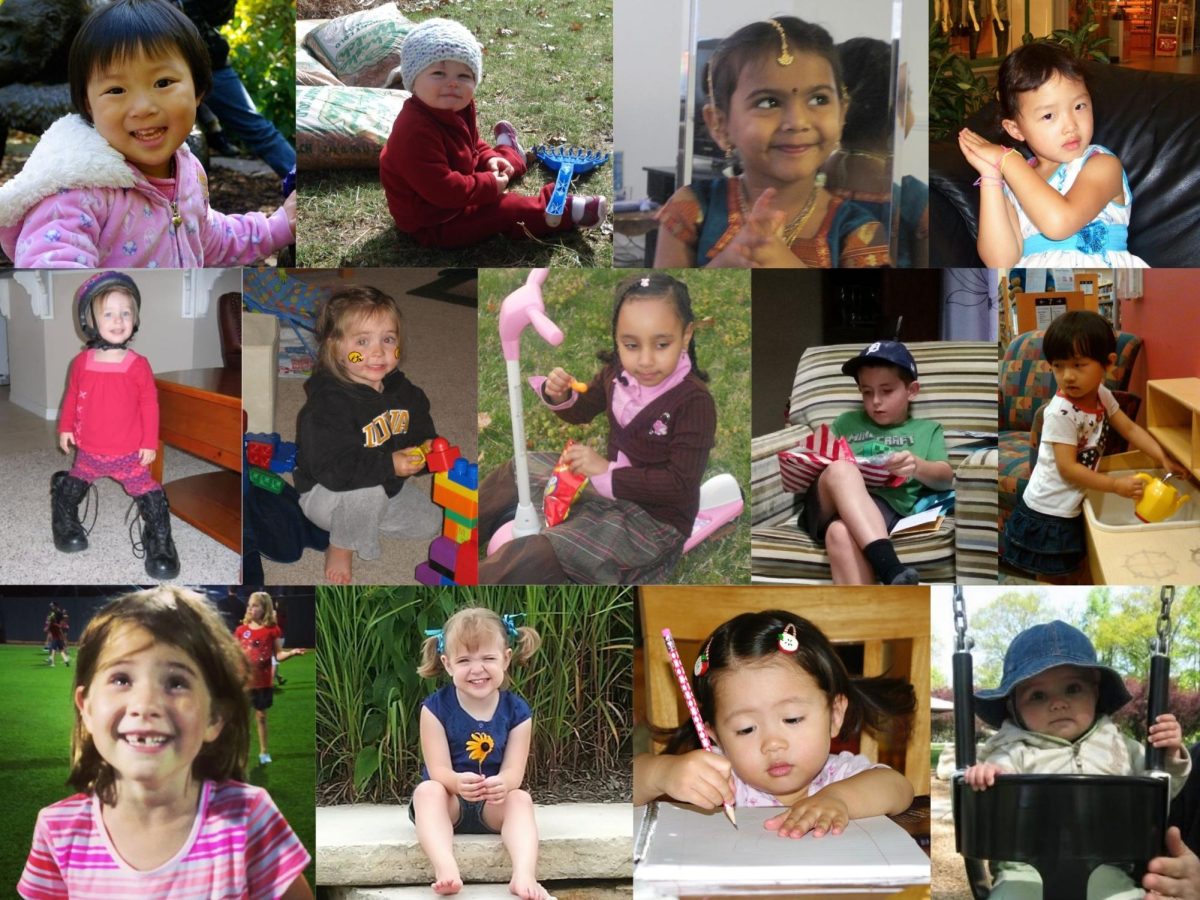The First Amendment guarantees students the right to free speech, and despite some limitations, this has allowed for a huge amount of activism and change from today’s youth. In 1969, Tinker vs Des Moines Independent Community School District laid the foundation for students’ free speech.
In 1965, John F. Tinker and his three siblings, Mary Beth Tinker, Hope Tinker and Paul Tinker, along with family friend Christopher Eckhardt, wore black armbands to school to protest involvement in the Vietnam War. The principals in the district, having learned about the armbands beforehand, instated a policy that suspended students for wearing one. The Tinkers still wore them and were promptly suspended.
The Iowa Civil Liberties Union, a branch of the American Civil Liberties Union, helped the Tinkers file a lawsuit. It was taken to the Supreme Court after the US District Court ruled in favor of the Des Moines school district.
The Supreme Court ruled in favor of the Tinkers under the reasoning that the First Amendment protected children in schools as well as adults and that student activism would have to disrupt the school environment in order to be censored.
This created the Tinker or disruption test, which asks if the student’s actions “materially and substantially interfere with the requirements of appropriate discipline in the operation of the school” or “reasonably have led school authorities to forecast substantial disruption of or material interference with school activities,” in which case it could be censored. If not, students are completely protected and free to continue.
Under these established rights, students across the country have led walkouts and protests, and West is no exception. Many organizations, clubs and individuals have used their voices and rights to bring change, in more ways than one.
One example of someone who stays active is Andy Ham ’23, a member of West High’s Colors Club. “Within the past few years, things have really been getting worse based on the hateful stuff that’s going on in our state. I’ve gotten more and more active over the years,” Ham said.
Knowledge is the key to change. Ham stays up to date on current events through email subscription services and social media, which keeps them updated on changes in politics and law, such as recent anti-transgender legislation. However, they don’t recommend echo chambers, tunnel vision or following too many influencers.
“Even though it has its problems, find something on social media…if you can find one organization that updates you on legislative issues, do that. If you want an organization, Colors is here…if you want you can start something even more active. There are plenty of events in the community that you can learn about if you keep your ear to the ground.”
The youth are and always have been the drivers of change. Through free speech rights and rulings like Tinker v Des Moines, students can fight for the change they want to see in the world.
Ham said, “…I think, for students, it’s really important to try and shape our own future rather than let some people who are not thinking about us design our future as a country, as a world, as a state. I think it’s just important for students to be aware of what’s going on, because it’s going to impact us more than more than it’ll impact anybody else. Because we are the future. Legislators don’t necessarily have to worry about 50 years in the future. We do.”

